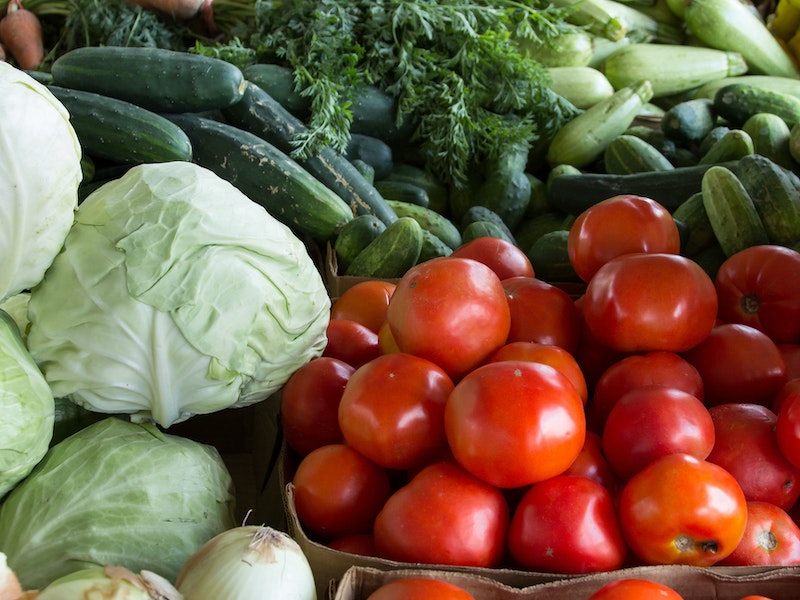In recent years, organic farming has witnessed a steady growth in popularity since people are conscious of their food’s health consequences. Today, consumers are aware of the dangers associated with unrecognized traditional food items. There’s been a substantial increase in the number of food items that are not treated due to this increased demand for Organic Food. The supply of healthy food products has significantly increased because of the increased availability.
A Brief Overview of Organic Food
General farm management and production of Organic food farming is a way to ensure sustainable agriculture, high-quality products, and practices that do not damage the environment or cause harm to human, plant, and animal health and health. Here is what you should be mindful of concerning organic food.
Which Foods Are Considered to Be Organic?
Organic food is food produced sustainably. The United States Department of Agriculture in the US is a regulatory body that acknowledges and recognizes organic farms wherever it is grown. To become certified, it has to be chemical-free for the specified time.
Pesticides and fertilizers from industrial sources should be utilized, and genetic engineering should not be used to alter crops’ DNA. Antibiotic injections and genetic manipulation should be kept out of livestock. It’s equally important that animals can access outside space and aren’t kept in cramped quarters.
Organic food has many benefits
Organic food offers the biggest benefits in terms of health and safety. Chemical residues are eliminated because no industrial fertilizers or pesticides were used in the production process. Most of the chemicals listed here pose a risk, even in small amounts. Actually, when they accumulate in large quantities, they can cause devastating consequences on your body, like contributing to cancer growth.
Read also: What Is Organic Food, and Is It Better Than Non-Organic Food?
Additionally, environmental pollution is lessened when harmful chemicals aren’t used. Also, there is a benefit in terms of better nutrition. If left to the natural processes of nature, plants and animals produce many phytochemicals and antioxidants. More fresh and better-tasting food can be found in foods that are not processed.
Buy Organic Foods
If you wish to buy natural foods, many options are available. While this isn’t a requirement, it’s best to buy directly from the farm or the local market. This is because fresher local foods are readily available in the market. Therefore, they are also less costly since you don’t need to cover the expensive freight costs of buying items from a faraway supplier.
The best time to purchase is during the busiest season. As a result of the excess supply price drop, prices have dropped drastically. The bulk buying option also allows you to earn discounts on your purchases. If you don’t have an organic farm in your area, It is recommended to shop online to reduce time and money.
Recipes for Organic Food
More individuals are turning to natural recipes for food instead of those that require traditional ingredients, making it simpler to find traditional recipes. Numerous websites provide simple food recipes when searching for “organic dishes” on Google. Recipes are also available in your local library. These recipes are crucial in helping you transition and remain committed to your healthy eating lifestyle.
Related article: How to Live a Healthy Lifestyle: Top Tips You Need to Know



